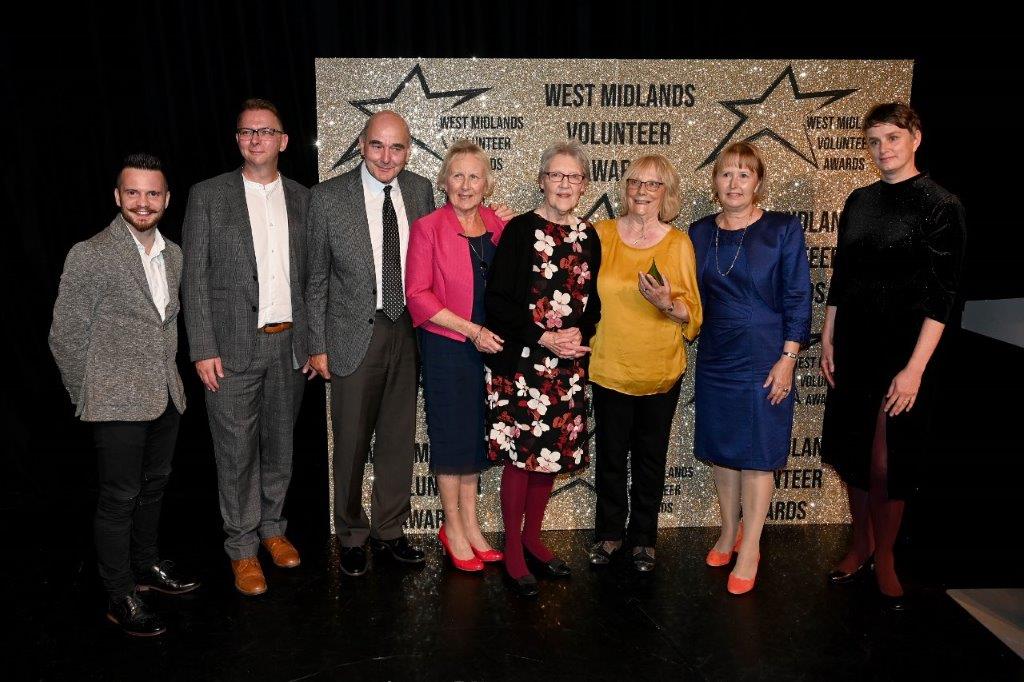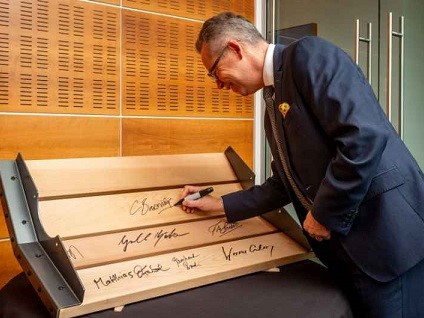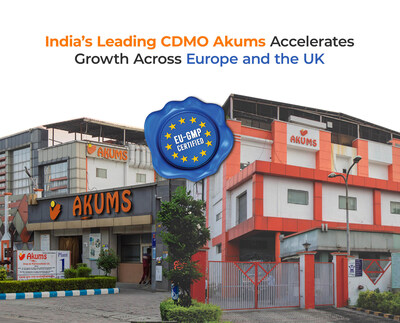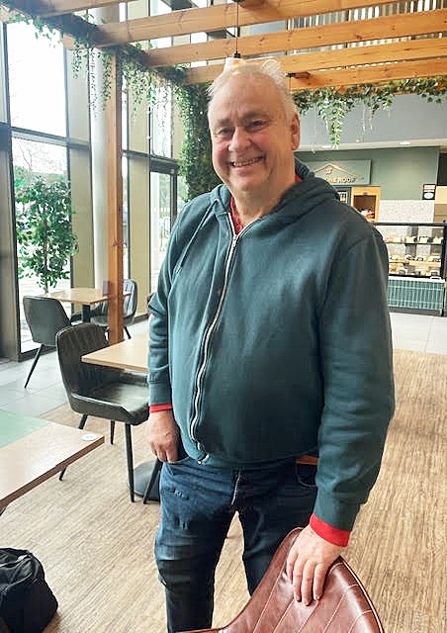The team at the iconic Birmingham Back to Backs has won the prestigious Dementia Hero Award in the category ‘Dementia Friendly Business’.
The winners were announced at a virtual awards ceremony on Thursday 20 May, which were hosted by Alzheimer’s Society supporter TV presenter, writer and journalist, Richard Madeley. The Dementia Hero Awards took place during Dementia Action Week, which runs from the 17-23 May.
The Birmingham Back to Backs’ Reminiscence team was one of three finalists in their category, ‘Dementia Friendly Business – Small and Medium Category’. This award category recognised organisations that have gone over and above to become dementia-friendly, for their customers and employees. The category was split by large organisation (over 250 staff) and small/medium organisation (up to 249 staff). The award winner was announced by TV presenter and journalist, Angela Rippon CBE.
The awards, which are sponsored by Tunstall Healthcare, took place virtually due to the coronavirus pandemic and showcased the stories of people doing outstanding things during the pandemic – Alzheimer’s Society’s dementia heroes.
The dedicated Reminiscence team at the Birmingham Back to Backs, located in the city centre on Hurst Street, have been working with the Birmingham and Solihull Mental Health Foundation Trust to make a meaningful difference for people with dementia and their families.
Claire Pitt, a Reminiscence team volunteer at the Birmingham Back to Backs, said: “We were so pleased to be nominated and so surprised to have been shortlisted as a finalist, but to have actually won the award is fantastic. Everyone in the team has worked so hard and we all enjoy doing what we do for people with dementia.
“Before lockdown we ran meet up sessions for people with dementia and their carers to come along and visit. We would sit in the Back to Back living rooms and we set the tables up and had tea. Each session had a theme, such as childhood, and another time we spoke about food and cookery. The group would reminisce about their childhood or about cooking when they were younger, and we had historical objects from that time-period on display.
“The best thing about the sessions is the way you see people with dementia light up in front of you – they sit up and they remember something. When they talk about themselves and their memories, they are the expert and it’s so wonderful to see. Carers have told us that after the sessions, the people with dementia would leave and talk about the session at home or even a week later.
“Since the pandemic hit, we have been running the sessions on Zoom every other week and showing reminiscence images, such as cooking utensils, old toys, and we have a show and tell slot where people with dementia show an object on camera and talk about what it means to them.
“It’s such a great thing to do and it’s wonderful to see how it helps people. There are so many people affected by dementia, and their carers too, who need support, and this number is growing as our population ages, so it’s so important to help and involve them. Society as a whole needs to become more dementia friendly.”
Alzheimer’s Society Area Manager for Midlands Central, Janice Le Tellier, said: “Throughout the pandemic so many individuals, groups and organisations have gone above and beyond to support people affected by dementia. This year’s Alzheimer’s Society’s Dementia Hero Awards provided the perfect opportunity to celebrate the achievements of these unsung heroes.
“It’s been so inspiring to hear the stories of those dedicated to caring for people with dementia, finding innovative solutions in research, and the campaigners and media fighting for the rights of people living with dementia. They are all making a difference.
“We are delighted that the Reminiscence team at the Birmingham Back to Backs has won the Dementia Hero Awards for Dementia Friendly Business.
“The past year has been tough for all of us. But imagine how much worse it would have been if you couldn’t understand why it was happening: why you no longer saw your loved ones; why your carers stopped visiting or why they wore masks. Tragically, this was the reality for tens of thousands of people living with dementia in the UK.
“Since the pandemic began, Alzheimer’s Society support services have been used 3.7 million times, showing that people affected by dementia need us now more than ever.”

















